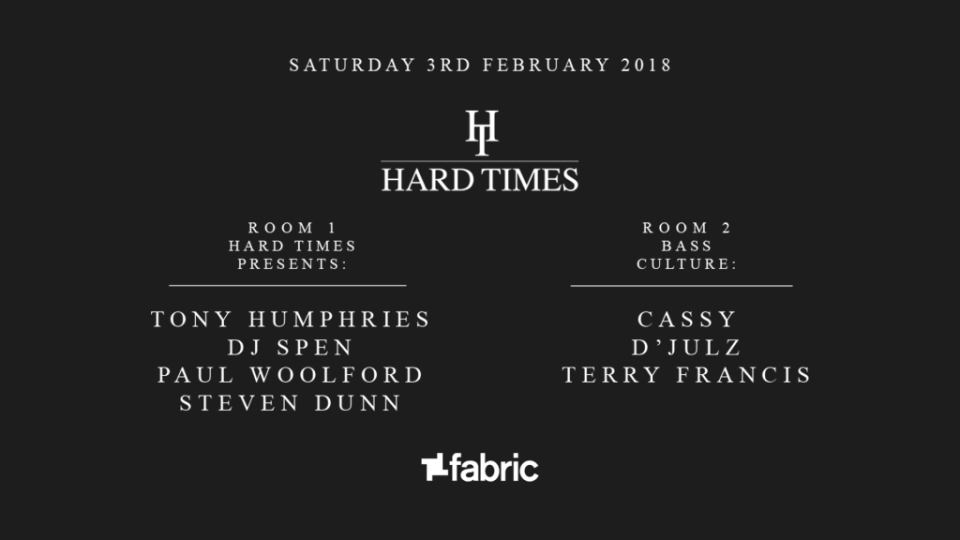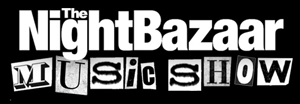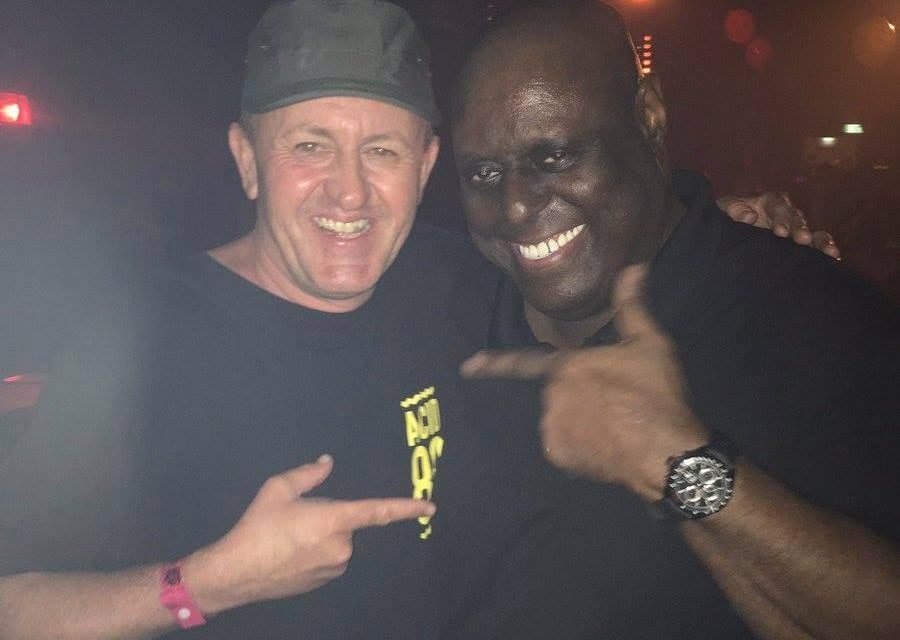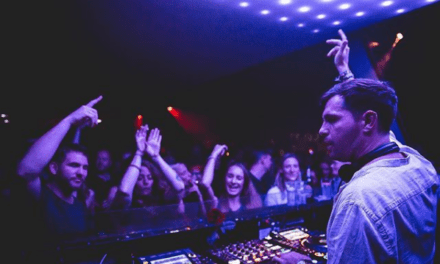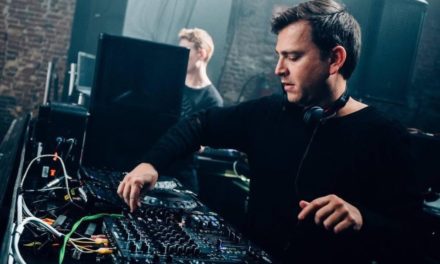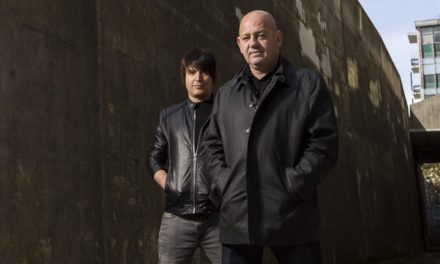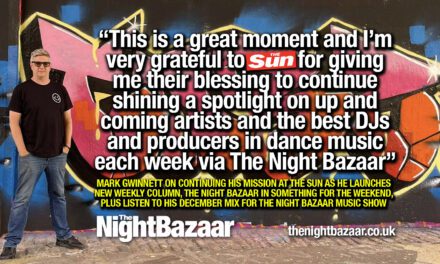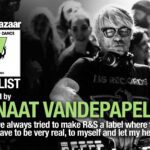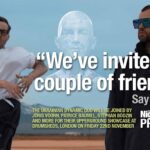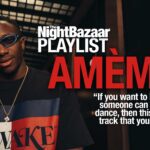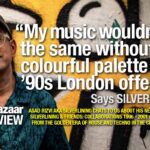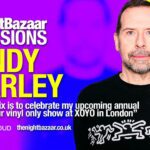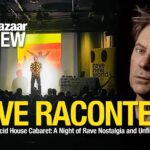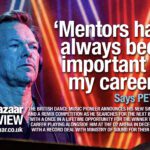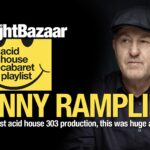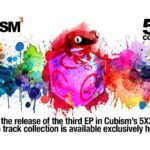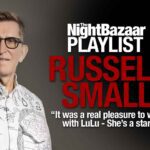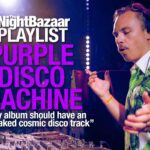ONE of the most influential figures in house music history, Tony Humphries lands at London’s fabric for Hard Times on Saturday 3rd February, as the iconic club continues to set the clubbing standard across the capital.
US DJ Tony Humphries is an important part of the Yorkshire brand Hard Times’ history having played regularly for them over the years but he is also an important part of fabric’s own history, playing the launch party of the club back in 1999 and becoming one of the first DJs to appear on the successful fabric mix series.
Make no mistake this party is one that will go down in history.
Tony is joined in room one by Hard Times resident Stephen Dunn alongside other Leeds talent, Paul Woolford and DJ Spen. In room two one of France’s most important house imprints, Bass Culture takes over with label boss and Rex club resident D’Julz landing alongside Panorama Bar resident Cassy and fabric’s very own Terry Francis.
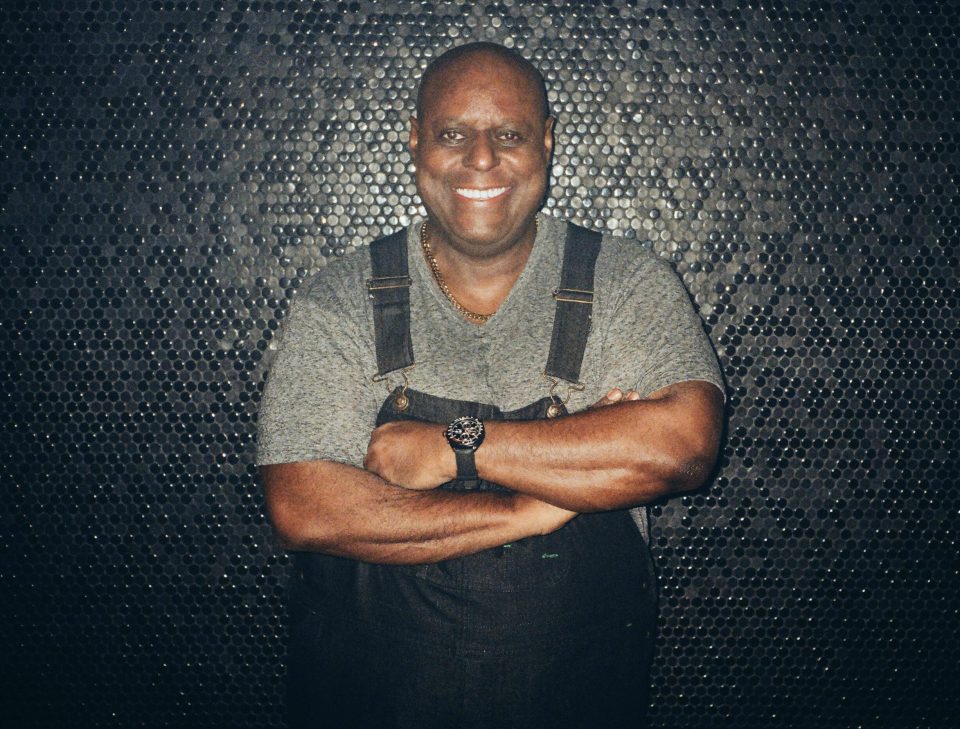
Tony Humphries
To mark this monumental occasion we asked one of the UK’s very own legends, acid house pioneer Danny Rampling to interview his good friend. Danny’s Shoom 30 year anniversary celebration in December was also headlined by Tony and he played an integral part of Shoom’s early days playing the first party back in 1988.
Here’s how it went down.
You have a great deal of history with both fabric and Hard Times. You played at fabric for their opening night and the last time you played in London for Hard Times was their first date in London. What does it mean to be asked by both to headline Saturday February 3 at fabric with Hard Times after all these years?
It’s an honour to be included in musical history with these two powerhouses. They have had a great reach over time with how they have helped to shape music in England and beyond, so to see them coming together after all these years, and be a part of it, is really exceptional. I have so many terrific memories of the nights at fabric on their amazing sound system and the memories of all the nights I have been a part of with Hard Times. Saturday is sure to be one for the books.
Who inspired your passion for music and influences to become a DJ and where were you living whilst growing up at that time the early formative years and who helped you get a break into becoming a DJ?
My father was the musician René ‘El Grandé Combo’ and so music was always a big part of our family. We had 45’s and LPs around us all the time growing up in Brooklyn. My college buddies Mario Rosemond and Jerrold Gordon got me started with my first residency at a venue called the AZZ in Brooklyn.
Where was the first nightclub you went to before becoming a DJ or was the experience a block party?
The first true nightclub experience was Studio 54, but block parties definitely were a big part of my early music life. Every building had its own set of systems blasting, either placed in their window or massive stacks on the street, from the Summer months into Fall.
How was New York city in the late 70s early 80s? So much great music came out of that period disco, rap, new wave, punk followed by 80s electro breaks garage sound – great songwriting on dance records.
It was so alive and vibrant. So much choice – quality music all around. Creativity was alive and this set the standards high in all genres of music.
You started out as many of us – either splicing cassette tapes together and then onto decks. When i first met you at Zanzibar club in New Jersey you were playing on Thorens belt driven turn tables. Did you prefer playing on Thorens or Technics 1200 turntables and what were the advantages of the belt drive turntable that many original NY DJs played on before Technics developed their decks?
Yeah it was producer Shep Pettibone that taught me how to splice audio tape on Technics 1500 reel to reel machines at his home.
Thorens turntables were very high end and expensive. They were more for home use by audio experts. Technics 1200’s were quartz lock, very stiff and tight to manoeuvre. Technics were great for the emergence of house records produced with drum machines samplers etc., but not great for live band recordings.
After failing at my first attempt on Thorens, I learned the feel of belt turntables, and I preferred them for the sake of classics; any music made before 1977.
It’s a shame DJs are rated by the skill of being the human sync machine these days. The temperament to sync live drummers are diminished by technology now.
How is the music scene in NYC at present? Do you see a return to the glory days of New York nightlife where many people, including myself, travelled from all over the world to absorb and enjoy the city’s nightlife culture and music influences?
New York music scene is very exciting, so much variety in clubs now. Before, genres became the face of clubs and mix shows had the variety.
I think these days are the glory days for this generation, but in a different way. It’s not an emerging sound, or an underground sound so much, so has a different energy overall.
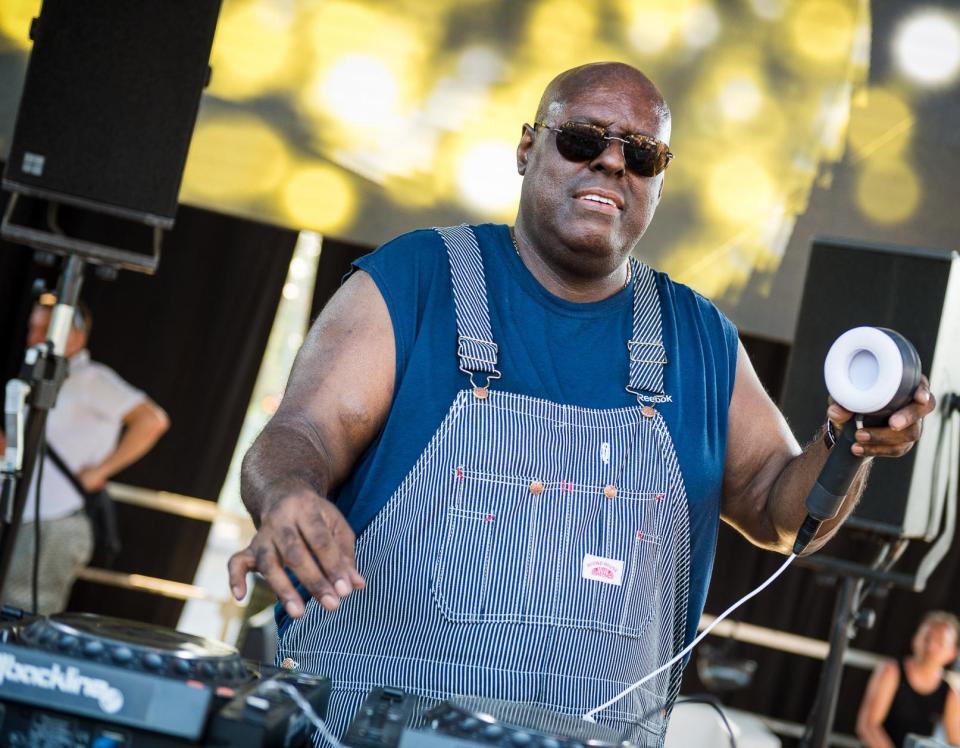

Tony Humphries in action
We have a long career and have seen the peaks valleys changes. What are the most stand out moments in your career over the years – gigs, recording, radio?
There really are too many to mention, so many amazing parties I have been a part of over the years. The highlights that stand out, are usually club openings, closings, reunions like Shoom, New Year’s Eve events, annual WMC events, like Magic Sessions and Kings of House. BUT I still have a passion for those underground parties I get to do now and then; those small basement sweat boxes where everyone loses it ’til the break of dawn.
What were your first impressions of London when we brought you to DJ for the first time in the UK back in 89 and the same week at Norman Jays “High on Hope”? It was a pleasure to have you return to DJ at Shoom 30th anniversary 2017.
It was a culture shock. I was astonished with what I was seeing and had absolute gratitude to be able to be a part of it. It truly was a complete learning experience. I was eager to turn other people on to what I was seeing in the UK, and paid to bring my own crew over, so they could see how it had musically evolved in the UK. I wanted them to share the energy and passion for the music I was seeing to give them vision for the future.
Do you think the art of breaking a record has been slightly lost in recent times with the abundance of music released or is this still part of todays culture?
Yes the abundance of music has greatly impacted it, as well as the fact that people aren’t buying music as much now, so the sharing for “breaking music” just isn’t the same. It’s not so much about who played what when to move records, as it used to be. How radio has been syndicated and formatted has also impacted how music is shared now.
How do you source new music in the digital age?
I get music from absolutely everywhere. Online Stores, personal studio demos & outtakes, flash drives and I still receive vinyl. The amount of music out there is staggering now. I have 2-3 gig folders that I am always working with now.
With the rapid advances in technology in the music industry we have so much more scope to be even more creative both Djing and in the studio with production is this simplification an advantage or disadvantage?
It’s about 50/50. Over simplification lowers the quality of human creativity, a settling for robotic boredom and formula. As with technology in our everyday life, anything can be delivered to your door, but the quality of the content still matters. As long as the human element is involved, including human voices, and live instruments it will remain an advantage to have the technology growing. Without the human element involved, the appeal will fade.
Where do you feel this will progress to further as we enter into an age of automation and artificial intelligence in the not too distant future? Will androids automation and holograms replace the real thing? I personally feel this could very much become a reality.
I agree. It’ll be a fad, then find its place quickly, when the consequences of this become more apparent. Society and the economy requires a human element to survive, in the workforce as much as in personal life. Sex with robots wouldn’t be too appealing. People need human tangible interaction-period.
What do you enjoy outside of your main passion of music and what do you do apart from relaxing on a day off.
I have a passion for sports; I love my NY home teams-the Knicks and the Yankees. Believe it or not, I am really into politics and often watch MSNBC when kicking back after a long flight home. Not sure if it helps me unwind, but it gets me caught up on what I missed while away.
Do you have a favourite place to dine in NYC and which clubs do you play in the city currently?
I love dim sum at Jing Fong in Chinatown, NY. Many other great restaurants, but been going to that one the longest.
In 2017, I played at Le Bain, Cielo, Output and then in my Jersey stomping ground at a new venue called the Cricket Club.
Advice tips for DJ’s / producers starting out ?
Do research! If you want the world’s money, you need to know what the world likes. Snubbing the past limits your future.
Whats your life philosophy?
My life is music. It is the way I speak to the world. The best way I know to share what’s great in various cultures is through playing music. You can bring people together on the dance floor by seducing them into other music outside of their comfort zone – all barriers are erased when this happens.
Tony Humphries plays for Hard Times at fabric this Saturday February 3. For more information and for tickets head here.
